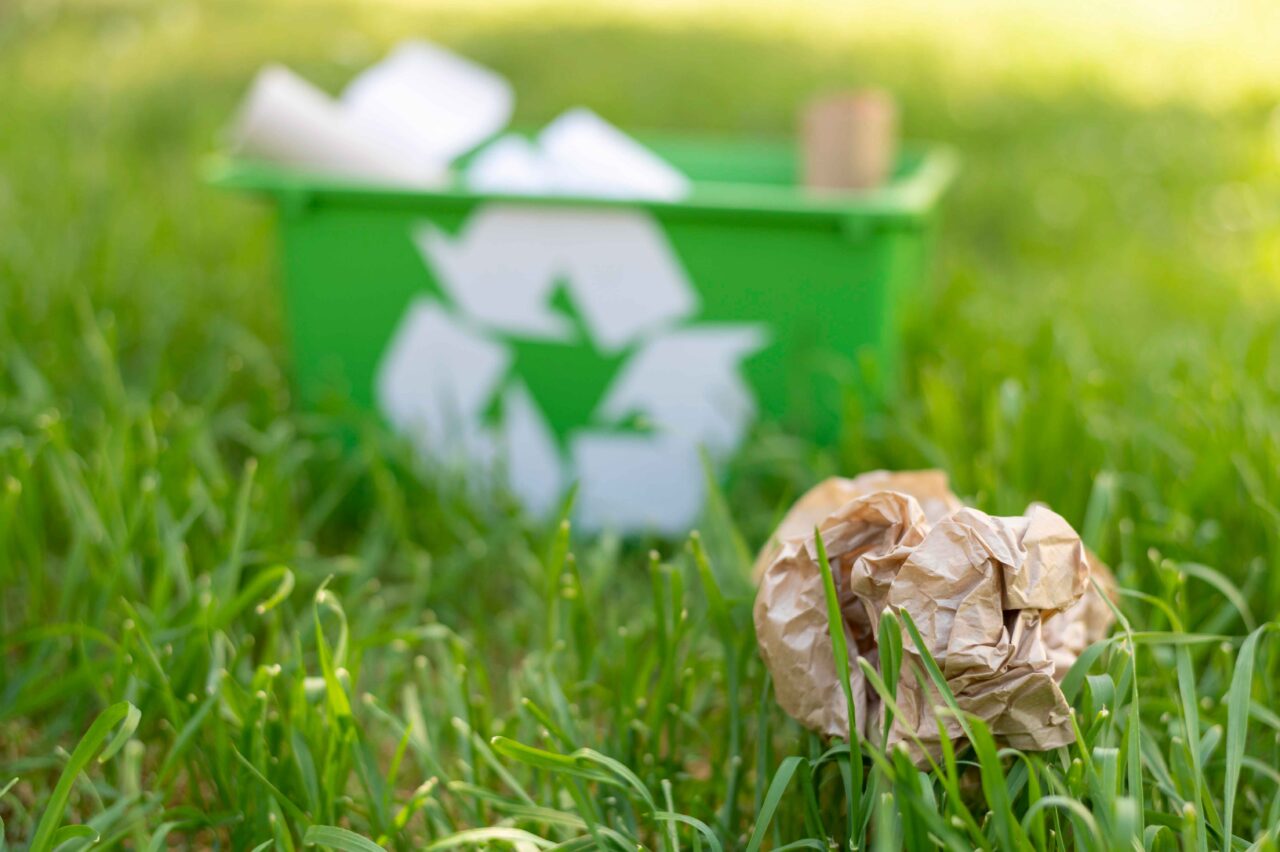Green waste pertains to the waste arising from landscaping or gardening activities, encompassing materials like leaves, twigs, small branches, shrubs, and grass. This waste category is biodegradable, signifying its ability to break down over time naturally.
There are numerous advantages to reusing and recycling green waste:
1. Composting yields valuable soil fertilizer, enhancing the quality of your soil.
2. It reduces the expenses associated with waste disposal while generating a valuable and usable end product.
3. It represents an ecologically responsible approach to managing materials that might otherwise find their way into landfills.
Biodegradable waste is primarily composed of organic materials with the inherent capability to decompose naturally through the workings of bacteria. These microorganisms feed on the organic matter, essentially substances that were once alive, culminating in compost production.
Several materials can undergo composting, including the following:
Garden pruning’s;
Leaves;
Grass clippings;
Weeds;
Plants and flowers;
Hedge trimmings.
Items that cannot be composted are as follows:
Stones or gravel;
Concrete, dirt or rocks;
Animal waste;
Treated or painted wood;
Glass;
Metal;
Soil.
How to Reduce Green Waste
There are various methods available to lessen, reuse, and recycle green waste, which can be seamlessly integrated into landscaping and gardening practices:
1. Crafting a landscape design that necessitates minimal or no maintenance can contribute to waste reduction and decreased water usage.
2. Procure only the precise amount of soil required for the specific task at hand, preventing the accumulation of surplus material.
3. When expecting deliveries of soil, sand, or similar materials, it’s advisable to request the delivery driver to discharge the material away from drains. This precautionary measure prevents material wastage by averting runoff into stormwater drains and sewers.
4. Thoughtful planning can also play a significant role in curbing green waste. Strategizing the types of plants to be cultivated can help reduce excess plants that may go unused.
How to Reuse Green Waste
1. Grass clippings and leaves hold great potential as compost, serving as a valuable soil enhancer.
2. Following rainfall, damp leaves can be gathered and left to decompose, forming a mulch that can be incorporated into the soil, enriching its fertility.
3. Embracing the practice of “grass cycling” offers another means of reuse. This entails leaving clippings on the lawn after mowing, allowing them to swiftly break down and return essential nutrients to the soil.
4. Woody shrubs and cuttings can undergo shredding to produce wood chips, which find utility in landscaping around trees and flowerbeds.
5. Trees can be similarly shredded, yielding wood shavings and chips that prove beneficial in various landscaping applications.
How to Recycle Green Waste
Green waste serves as valuable composting material, making for an excellent soil fertilizer. This waste can be gathered by a contractor who subsequently transports it to a centralized composting facility for processing and eventual utilization.
At Cleanoodle, we are dedicated to providing top-notch services to meet all your cleaning and maintenance needs. Whether you require efficient waste removal, professional cleaning services, or expert painting, our team is here to help. To learn more about our commitment to quality and customer satisfaction, visit our About Us page. For a detailed overview of all the services we offer, check out our Services page. If you have any questions or need assistance, don’t hesitate to reach out through our Contact Us page.
FAQs
What are the benefits of green bins?
The Green Bin program plays a vital role in diverting waste away from landfills. It achieves this by gathering and processing organic materials, transforming them into a valuable resource – nutrient-rich compost, which is then employed to nourish and enrich the soil.
What are the benefits of proper waste?
The main benefits of effective waste disposal include Environmental protection – from pollution or contamination. Money generation – companies may buy recyclable materials due to their value. Additionally, the waste management industry creates employment opportunities
What are the benefits of compost?
Incorporating finished compost into your soil offers several advantages:
1. Enhances Soil Quality: It improves the structure and overall health of your soil by introducing organic matter.
2. Retains Moisture and Nutrients: Compost helps the soil retain moisture and essential nutrients, promoting better plant growth.
3. Encourages Beneficial Organisms: It attracts beneficial organisms to the soil, reducing the reliance on pesticides and fertilizers for a more natural and sustainable gardening approach.
What is the main benefit of the recycle bin?
Recycling mitigates the necessity to cultivate, harvest, or extract fresh raw materials from the Earth. Consequently, this reduces the detrimental impact and harm inflicted upon the natural world: fewer instances of forests being felled, rivers being diverted, harm or displacement of wildlife, and diminished pollution of water, soil, and the atmosphere.


